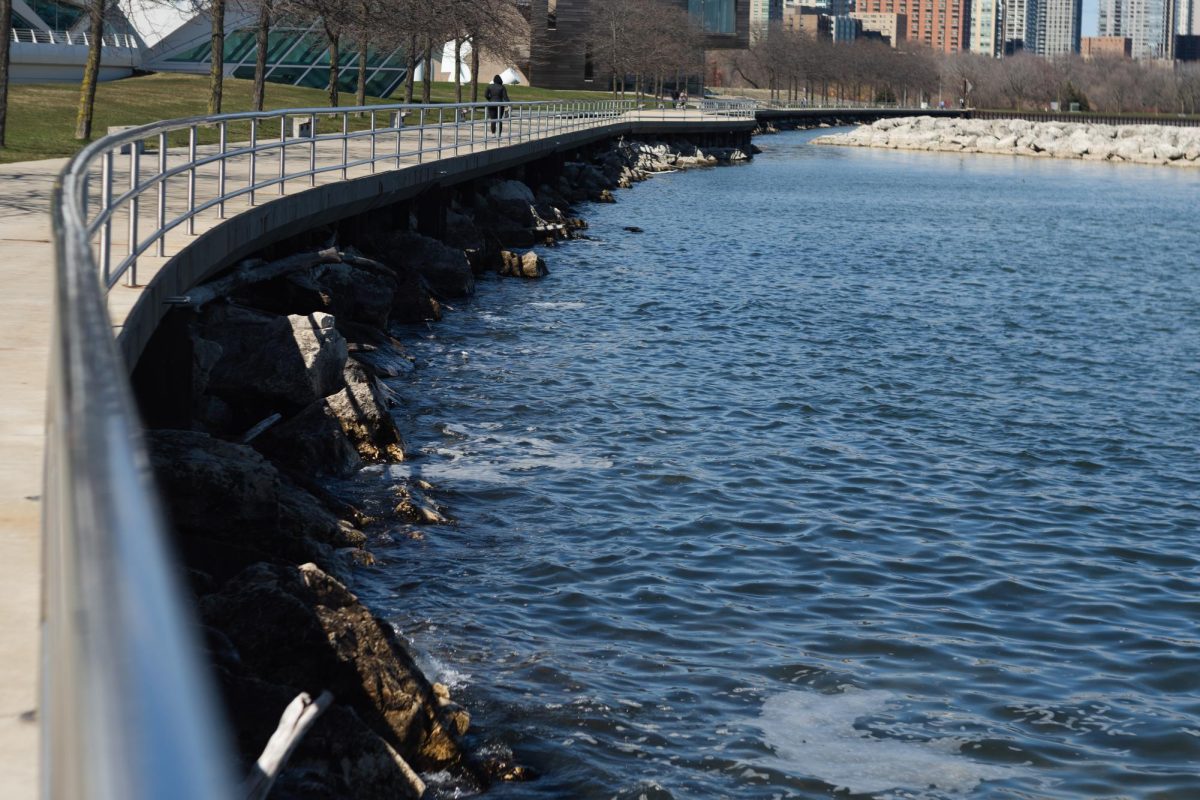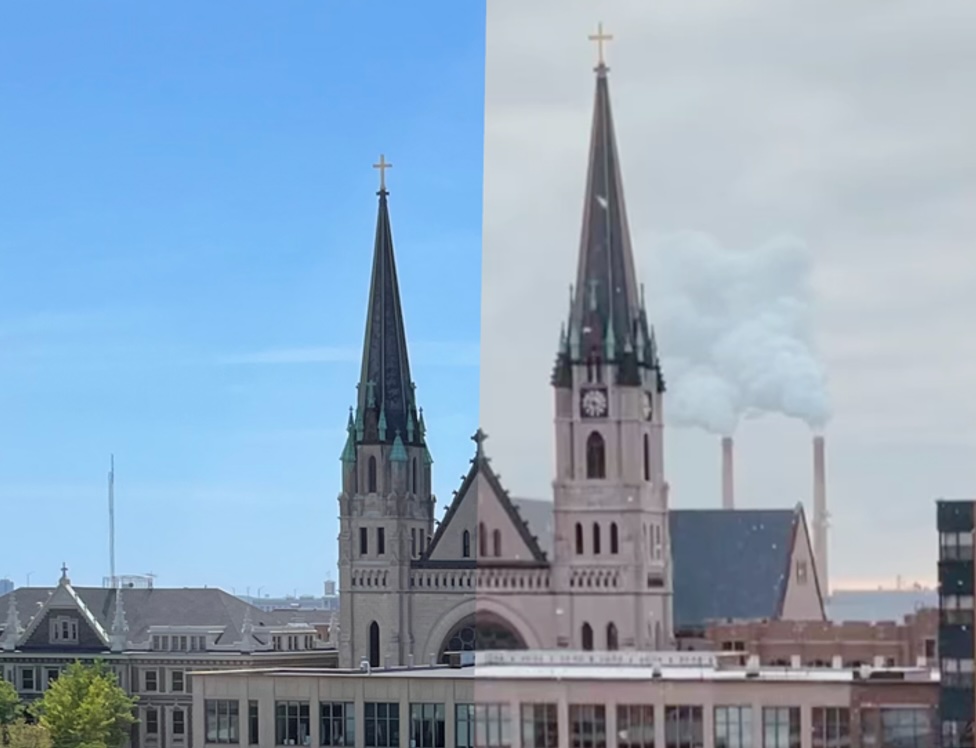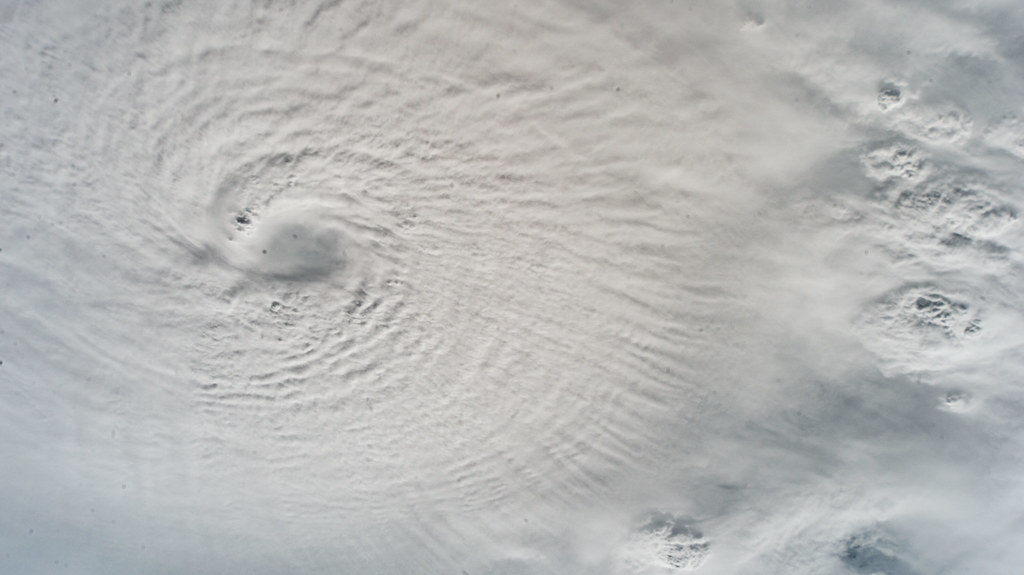Whether or not you believe that human activity is the leading cause of climate change, there is unequivocal evidence that the world and its oceans are warming. The oceans are already almost a full degree warmer than they were in 1970.
Fishing, more specifically lobster fishing, has a rich history that dates back to Native American tribes in Maine, like the Abenaki and Passamaquoddy, using sticks and nets to catch and eat lobster. Lobstering existed in the United States before it was a country and has remained highly important to many communities in Maine.
Unsustainable fishing is a tale as old as time, and the lobster industry has remained sustainable due to a collective effort to enforce their regulations.
After the whaling industry almost completely decimated whale populations, lobstering became a highly regulated industry to protect the lobster and the future generations of lobstermen. Similar to how lobstermen preserve their lifestyles by uniting together, we can all do the same to strengthen our climate and preserve it for future generations.
The Gulf of Maine is a lobster hotbed formed by the arm-shaped peninsula of Cape Cod and the Canadian Province of Nova Scotia. The waters south of Cape Cod used to be filled with lobster pots but warming waters have ended the once-popular lobster fisheries. The Gulf of Maine is following the same trend as it has experienced unprecedented increases in water temperature in the last 15 years.
The Gulf of Maine is currently warming faster than 99% of the ocean. The warm Gulf Stream coming up from the equator and the cool Labrador Current meet in the Gulf of Maine. They act as veins pumping water into the gulf to keep it abundant with marine life.
Unfortunately, the Gulf of Maine being cornered by Cape Cod and Nova Scotia results in the water being stuck in a shallower gulf that makes it more susceptible to change and leads to warmer water temperatures.
Lobster populations are beginning to flee north from their never-ending heatwave in the gulf. As their populations begin to dwindle, Maine lobstermen can already feel the change.
My friend Zac Foye and I are some of the over 5,000 Maine lobstermen who currently face this quandary. Zac has been lobstering since he was eight and he lobsters in the same town that his father, grandfather and great-grandfather did before him.
“My family has been fishing here for decades, if the lobster leave, the whole industry might go with it,” Foye said.
With the lobster industry bringing in over $1 billion to the Maine economy, change needs to happen.
Although Milwaukee has no lobster fisheries, commercial fishing used to be a flourishing industry on Lake Michigan. Through overfishing, human pollution and warming waters, the fish populations have been depleted and commercial fishing has been nearly eradicated. Climate change is affecting everyone, everywhere.
The Great Lakes Fishery was estimated to be worth over $7 billion dollars and lake whitefish used to be a staple for fisheries on the lake. In 1993, 8.34 million whitefish were harvested in Lake Michigan, this number was reduced down to just 2.64 million in 2019 and continues to trend down. Overfishing and warming waters are driving the fish away and not even allowing them to grow and increase their population.
Every lobsterman knows they can’t keep any undersized, oversized or egg-bearing lobsters. Without any external supervision, the lobstermen still know that these regulations are there to protect them, even if it involves throwing back their own catch. These measures keep the industry sustainable.
Individual lobstermen might find it useless to do these practices but when you multiply it across every boat and every day, it adds up. It is up to the individual, to solve this problem. One person littering or idling their car to keep it warm in the winter might not have an impact on the climate, but it might when you stretch it out to millions of people.
Thousands of jobs are currently threatened in the lobster industry and families are at risk of losing their main source of income while the worst is still yet to come. If lobstermen can work together to make change, so can everyone else.
The way lobstermen treat their industry is a bellwether to the way we can combat climate change. A community banding together to make change happen might be the only way to reverse the problem. Being reactive is not enough as the effects of climate change are already altering the world.
No matter how simple the fix is, proactivity is key. Either through legislation or just a collective effort, changes can be made in everyone’s lifestyles to attempt to slow irreversible damage.
This story was written by Conor McPherson. He can be reached at conor.mcpherson@marquette.edu or on Twitter/X at @ConorMcPherson_.









